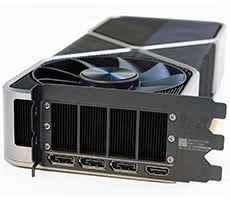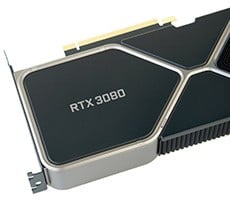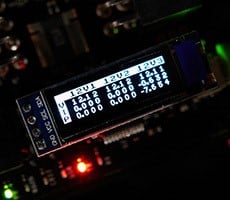Intel SSD 910 PCI Express SSD Performance Review
![]()
Over-used, marketing buzz words aside, the Intel SSD 910 demonstrated performance characteristics that we feel position the device as a very promising solution for high endurance datacenter server use. At under $5 per GB, the device is actually reasonably priced for a PCI Express SSD, relatively speaking. Performance with Intel's SSD 910, under high queue-depths with a healthy mix of write transactions, as you'd see in a typical database server workload, is excellent. And with a 7 - 14 Petabyte Lifetime Endurance figure, with wear leveling across all NAND modules, there's really no way to point at this storage subsystem as being a significant point of failure risk, at least no more so than other subsystems in your environment.
The only real letdown for us, is the drive's lack of on-board hardware RAID, requiring a software RAID implementation for any setup currently. And of course, it would be nice if the SSD 910 was bootable, though admittedly, you certainly can find more useful things to do with this high-end SSD, beyond running an OS on it.
Regardless, with Intel's track record in SSD reliability, we can see the SSD 910 enjoying a pretty robust uptake curve in the enterprise and datacenter arenas, once the company has seeded enough of these boards in the market for environment and life testing. It's good to see Intel with a bit of skin in this game. Might we see workstation or "prosumer" solutions next?

Intel SSD 910 800GB PCI Express SSD
|
|
|
|
|







